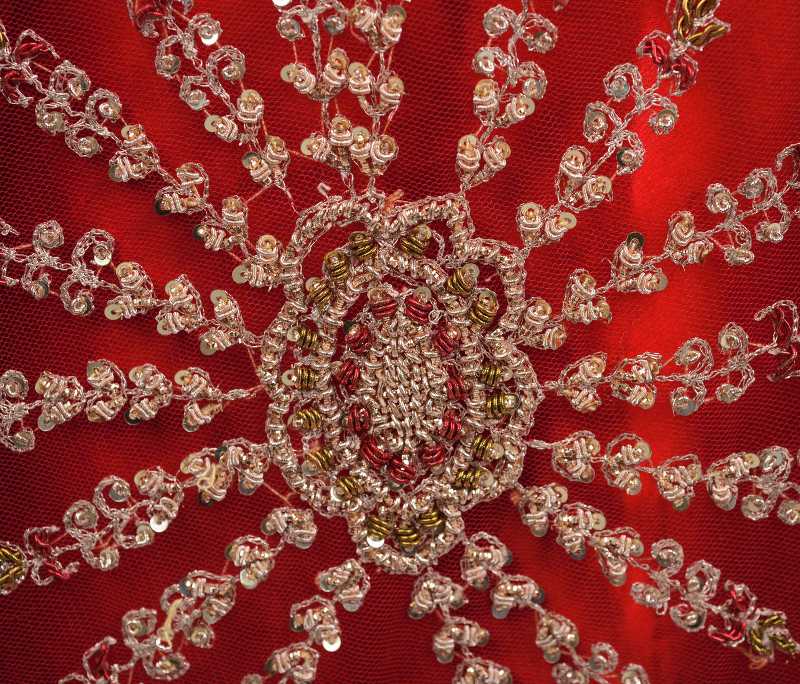===
0847,
9
===

=== |
 |
FWP:
SETS
MOTIFS == LIVER
NAMES
TERMS == IMPLICATION; MOODOn this kind of colloquial use of nah , see {52,2}. SRF seems to find the usage so natural that he doesn't even mention it.
One time period was 'formerly' [āge], an era when burning liver-fragments used to fall into the speaker's lap from time to time [jab tab]. By contrast, 'now' is a later time when the speaker's lap is full of fire.
This emphasis on time periods also adds to the pleasure of jab tab , which of course means 'from time to time, occasionally ' (see the definition above) but literally means 'when then'. Since we already basically have āge versus ab , having 'when then' in the middle gives the whole complex construct an extra fillip of pleasure.
Clearly the speaker has been sitting in the same position for a long time, with his head lowered, weeping liver-bloody, fiery tears into his own lap and thus capturing the occasional spark. This lover-like behavior is of course highly commendable. Equally admirable is his gradually accumulating a whole lapful of fire, which apparently doesn't burn him or itself become extinguished. Doesn't this suggest that his whole essence is now fiery, or at least hospitable to fire?